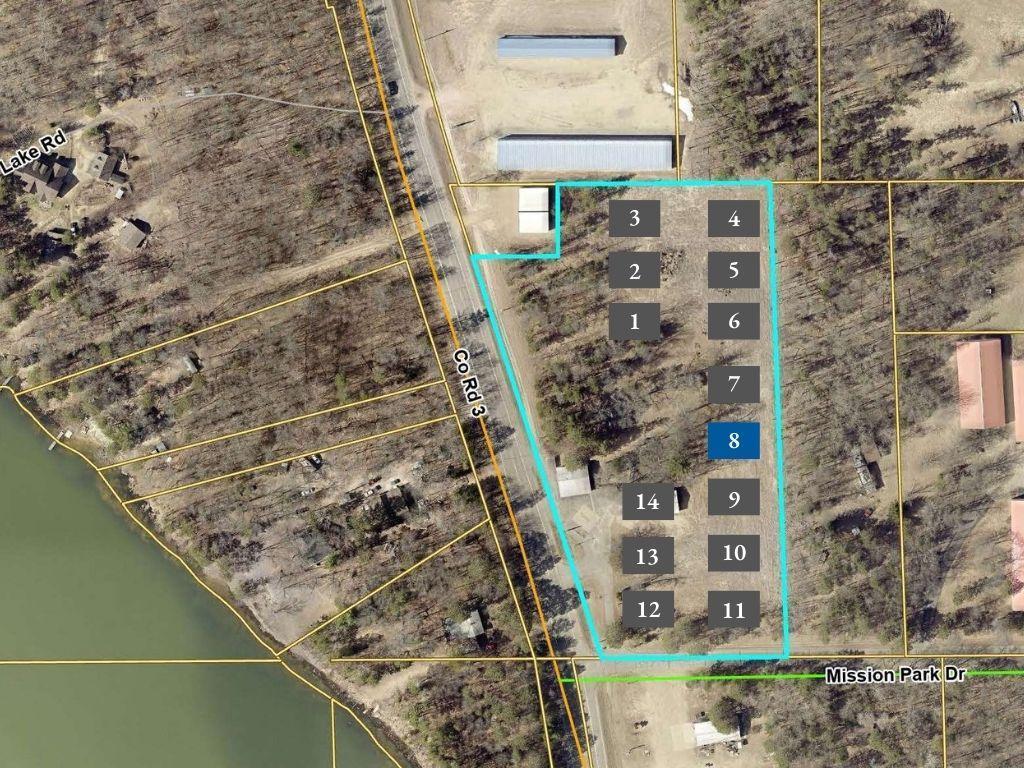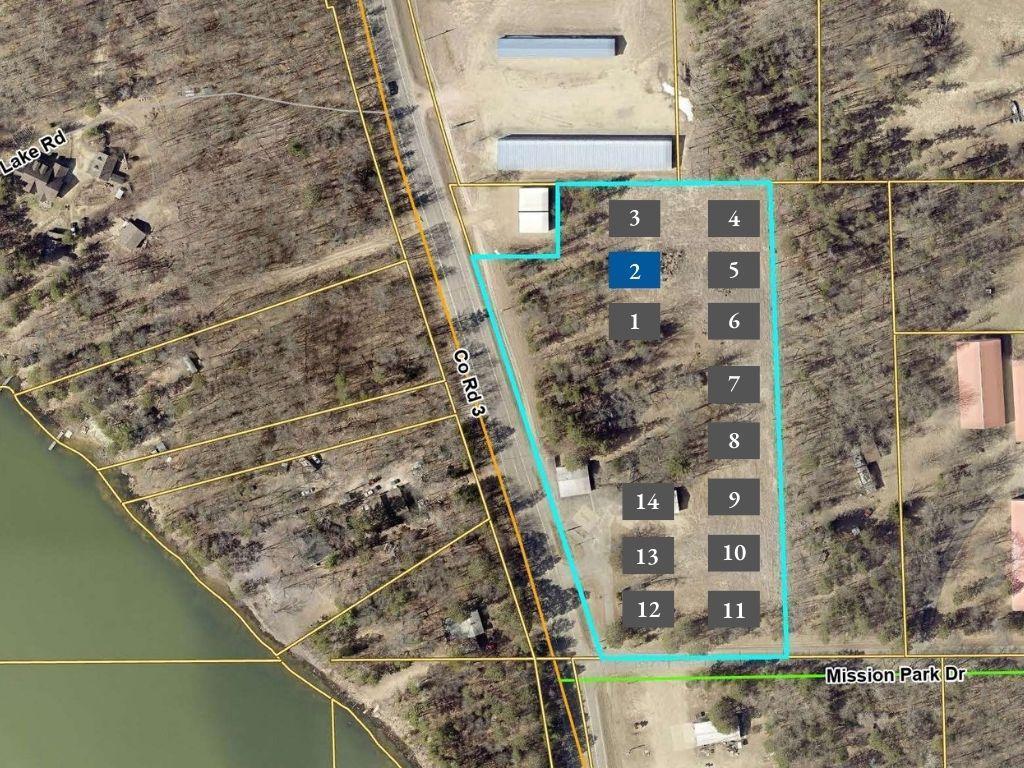Navigating the world of real estate negotiations can be challenging, but with the right strategies, both buyers and sellers can achieve favorable outcomes. Whether you're purchasing your first home or selling a property, understanding the nuances of negotiation is crucial to securing the best possible deal. The Larson Group offers expert insights into effective real estate negotiation strategies that can help you confidently navigate the process.
Understanding the Importance of Preparation
One of the most critical aspects of successful real estate negotiation is thorough preparation. Before entering any negotiation, it's essential to have a clear understanding of the property's value, the current market conditions, and your objectives. Preparation not only empowers you with the knowledge needed to make informed decisions but also positions you as a credible and serious negotiator.
Researching Market Value
The first step in preparation is understanding the property's market value. Whether you are a buyer or a seller, knowing the fair market value of the property is essential. For buyers, this knowledge helps ensure that you're not overpaying, while sellers can use it to justify their asking price. Accessing reliable market data, such as recent sales of comparable properties in the area, is crucial for this step.
Setting Clear Objectives
Before entering negotiations, it's important to establish your objectives clearly. As a buyer, consider factors such as the maximum price you're willing to pay, any desired contingencies, and your preferred closing timeline. Sellers should outline their bottom line, preferred closing date, and any conditions they are willing to accept. By having clear objectives, you can negotiate more effectively and avoid making concessions that don't align with your goals.
Building Rapport with the Other Party
Negotiations often become contentious, but building rapport with the other party can help foster a more cooperative environment. Establishing a positive relationship with the buyer or seller can lead to smoother negotiations and a greater likelihood of reaching a mutually beneficial agreement.
The Power of Communication
Effective communication is key to building rapport. Listen actively to the other party's needs and concerns, and express your own in a clear and respectful manner. Demonstrating a willingness to understand the other side's perspective can help you find common ground and create a foundation for successful negotiations.
Finding Common Interests
Identifying common interests can also help build rapport. For example, both parties may be motivated by a desire for a quick and smooth closing process. By focusing on these shared goals, you can work together to find solutions that satisfy both parties. This collaborative approach can reduce tension and lead to more successful outcomes.
Leveraging Market Conditions
Market conditions play a significant role in real estate negotiations. Understanding whether you are in a buyer's market, where there is an abundance of properties and few buyers, or a seller's market, where demand exceeds supply, can inform your negotiation strategy.
Strategies for a Buyer's Market
In a buyer's market, buyers have more leverage. With more properties available, sellers may be more willing to negotiate on price or other terms to close the deal. As a buyer, you can use this to your advantage by negotiating for a lower price, requesting repairs, or asking for additional concessions such as covering closing costs.
Strategies for a Seller's Market
Conversely, in a seller's market, sellers hold more power. With high demand and limited inventory, sellers can often command higher prices and stricter terms. As a seller, understanding the market conditions can allow you to be more assertive in negotiations, knowing that buyers may be willing to meet your terms to secure the property. However, it's still important to remain flexible and responsive to serious offers to avoid missing out on potential buyers.
Utilizing Contingencies to Your Advantage
Contingencies are a powerful tool in real estate negotiations. These are conditions that must be met for the sale to proceed, such as the property passing an inspection or the buyer securing financing. Properly leveraging contingencies can help protect your interests and provide an opportunity to renegotiate if issues arise.
Common Contingencies
Some common contingencies include:
- Inspection Contingency: Allows the buyer to renegotiate or withdraw the offer if significant issues are found during the property inspection.
- Financing Contingency: Protects the buyer by allowing them to back out of the deal if they are unable to secure financing.
- Appraisal Contingency: Ensures that the property is valued at a certain amount, and if not, the buyer can renegotiate the price or walk away from the deal.
Using Contingencies Wisely
When negotiating, it’s important to consider how contingencies can be used to your advantage. For buyers, including contingencies can provide a safety net, ensuring that you are not locked into a deal that isn’t favorable. For sellers, being aware of the contingencies a buyer includes can help you understand their seriousness and commitment to the purchase. In some cases, offering to waive certain contingencies, like the inspection, can make your offer more attractive, especially in a competitive market.
Knowing When to Walk Away
One of the most important, yet often overlooked, aspects of negotiation is knowing when to walk away. Not every deal is worth pursuing, and understanding your limits is crucial to avoiding a bad investment or sale. Establishing your "walk-away" point, whether it's a maximum price or specific terms that must be met, is essential before entering any negotiation.
Trusting Your Instincts
Trusting your instincts is key when determining whether to proceed with a deal or walk away. If a negotiation isn't aligning with your objectives, or if red flags arise during the process, it may be better to step back and consider other opportunities. Walking away doesn't mean failure; instead, it reflects a disciplined approach to real estate investment or sales.
Leaving the Door Open
Even if you decide to walk away from a deal, it's wise to leave the door open for future negotiations. Expressing appreciation for the other party's time and leaving on good terms can pave the way for a potential agreement later on, especially if market conditions or circumstances change.
Take the Next Step with The Larson Group
Mastering real estate negotiation requires a combination of preparation, strategy, and the ability to adapt to changing circumstances. By employing these expert strategies, you can navigate negotiations with confidence and increase your chances of achieving a successful outcome.
If you're looking to
buy or sell property in Crosslake, MN, the
Larson Group is here to help. With extensive experience in the local market, they can provide the guidance and expertise you need to make informed decisions. Reach out to the Larson Group today to discuss your Crosslake real estate goals and take the next step toward a successful transaction.

























































































































